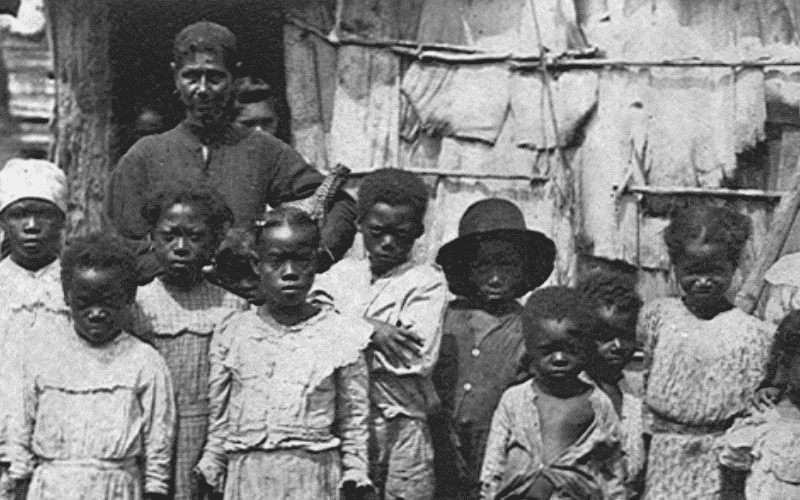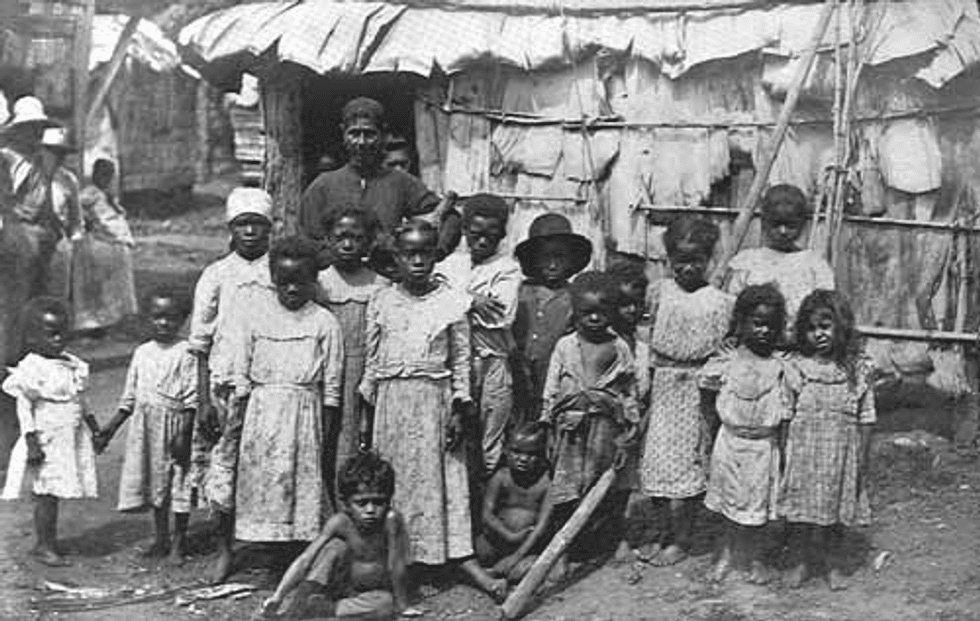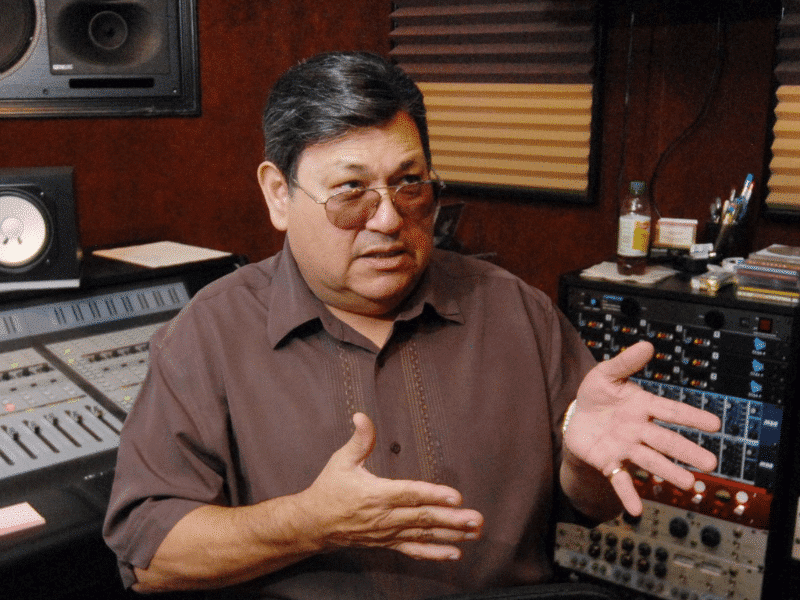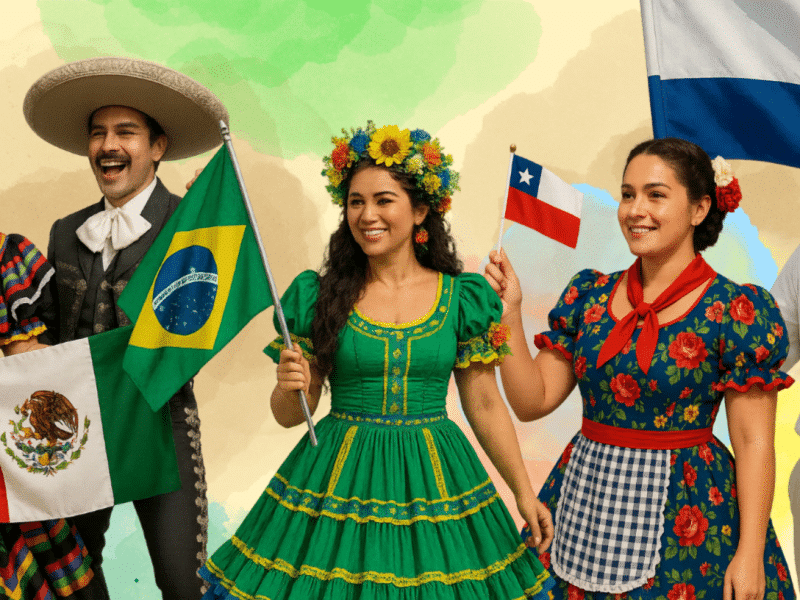What You Don’t Know About Puerto Rico’s Emancipation Day
Though slavery was declared to be abolished, slaves themselves in Puerto Rico were not freed from their masters.

The emancipation of slaves is usually commemorated as a holiday in many countries, and Puerto Rico is no exception. With the Spanish National Assembly declaring on March 22nd, 1873, that slavery was to be abolished on the island, many rejoiced at the concept of this newfound freedom. Unfortunately, as with most emancipations, the freedom wasn’t cut and dry.
Though slavery was declared to be abolished, slaves themselves on the island were not freed from their masters. Instead, slaves had to buy their freedom from their last masters at a price of their master’s choosing. Additionally, slaves needed to work an additional three years as compensation to their masters for the future loss of their labor. Spanish slave owners were paid approximately 35 million pesetas (or $250,573 in modern money) per slave by the Spanish government.

The slave trade in Puerto Rico had a long history on the island, as was common on many Spaniard colonized islands at the time. When Christopher Columbus sailed to Puerto Rico in November of 1473, the native Taíno indigenous population suffered unimaginable suffering from Spanish colonization. After years of enslavement, starvation, and mistreatment, the Taínos quickly dwindled down. In 1517, African slaves were then introduced to the island.

In 1560, Puerto Rican slave owners began the practice of branding their slaves with stamps on their foreheads to be able to identify which slaves were brought legally and to prevent their kidnappings on the island. This practice ended in 1784, and in 1818 the children of slaves were permitted to be bought out of their slave agreements after they were baptized.
Emancipation Day in Puerto Rico is typically used to celebrate the history of the island centered around famous Afro-Puerto Ricans and by dancing plena or bomba. Though emancipation was a great thing for the many slaves that worked to maintain the sugar plantations on the island, slavery lived on the island for almost 350 years before its abolishment.
The celebration of emancipation in Puerto Rico is a reminder of the resilience of Afro-Puerto Ricans but it’s also a reminder that Africans were often subject to complicated rules before they were truly set free, which many would argue, to this day aren’t truly set free at all.




